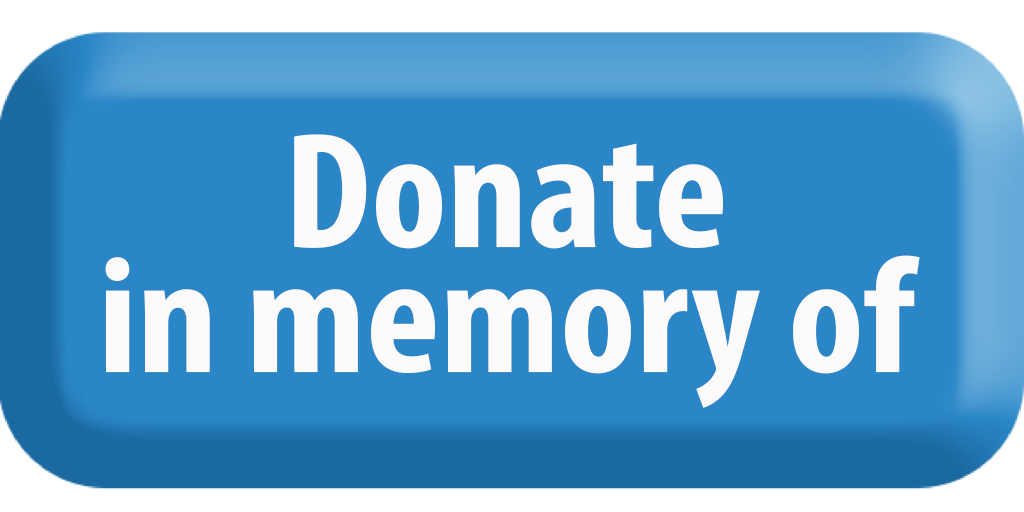Dear Hope Nation,
The other day I was in an all-recovery meeting, talking about how one extracts good from evil. That is, how can evil experiences be transformed to lessons, comfort or wisdom? Anyone who’s ever eaten an unripe avocado knows how bitter that fruit can be, yet given time, the avocado is smooth and, if not sweet, at least very tasty. How do we take or make the time to let events mellow instead of insisting on analyzing them and finding them unacceptable?

If there is an answer to the problem of evil, I don’t know it, and neither do you. Moral (and immoral) philosophers and theologians, thinkers great and petty, kings and plain old folks have wondered how evil can exist in the same universe as an omniscient, omnipresent and omnibenevolent being (or Being, if you prefer). While we sometimes feel as though we might just barely be coming up with an explanation, most of us recognize we’re not explaining but justifying. For example, the notion of free will is sometimes used to explain evil—“If human beings couldn’t choose evil as well as good then choice would be an illusion.” That may be true on a strictly human level, but does nothing to explain a universe where evil exists. It just tells of the human heart and its tendency toward wickedness.
Enough, though, of life’s insoluble problems. Back to the conversation at that meeting, a conversation that led to something profound. (Here, the word “profound” means an obvious fact overlooked for more than 60 years by me.) Briefly, the notion is that as folks who have lived in addiction, whether we’ve escaped now or not, we’ve taken on certain character traits, one of which is overcomplicating life and finding ways to hide the obvious and spend time looking for the hidden, the deep, the meaningful. Instead of breathing and enjoying life as it presents itself, I’ve spent untold hours digging into the earth, trying to find the problems and challenges hidden there.
Personally, too much of my life has been spent catastrophizing—transforming any small impediments into cataclysms, fiascos and potential failures. Had I spent just a bit more time focusing on how my efforts could improve the lives of others and the environment where we live, perhaps life would not have felt so momentous, so important, so portentous. In short, life might have felt like life instead of a battle.
I’m not Catholic, but I am a fan of St. Francis of Assisi. Not so much the St. Francis who seemed a precursor of Doctor Dolittle, the St. Francis who preached to the animals and negotiated a wolf into becoming a friend of mankind. No, the St. Francis I love is the founder of the order that bears his name. Franciscans were, I believe, the first mendicant order, beggars who lived among the poor and shared whatever they are given. Rather than hiding away behind the walls of the monastery, mendicants lived in the here and now, sharing good times and bad. They chose the immanent over the transcendent.
You may wonder how St. Francis and his devotion to the dirt over the sky bears any comparison to the notion of the person with addictions and our seeming need to burrow into the ground to search for problems. I’ll try to explain. Francis left the spiritual for the mundane, walked away from contemplation into the land of perspiration. As someone in recovery, my challenge is in the opposite direction but requires the same amount of effort over the same distance. My journey, though, is not downward but upward. I want to become a gardener of reality instead of a miner of catastrophe.
Even if I never get to tame a wolf.
You matter. I matter. We matter.
Keith



